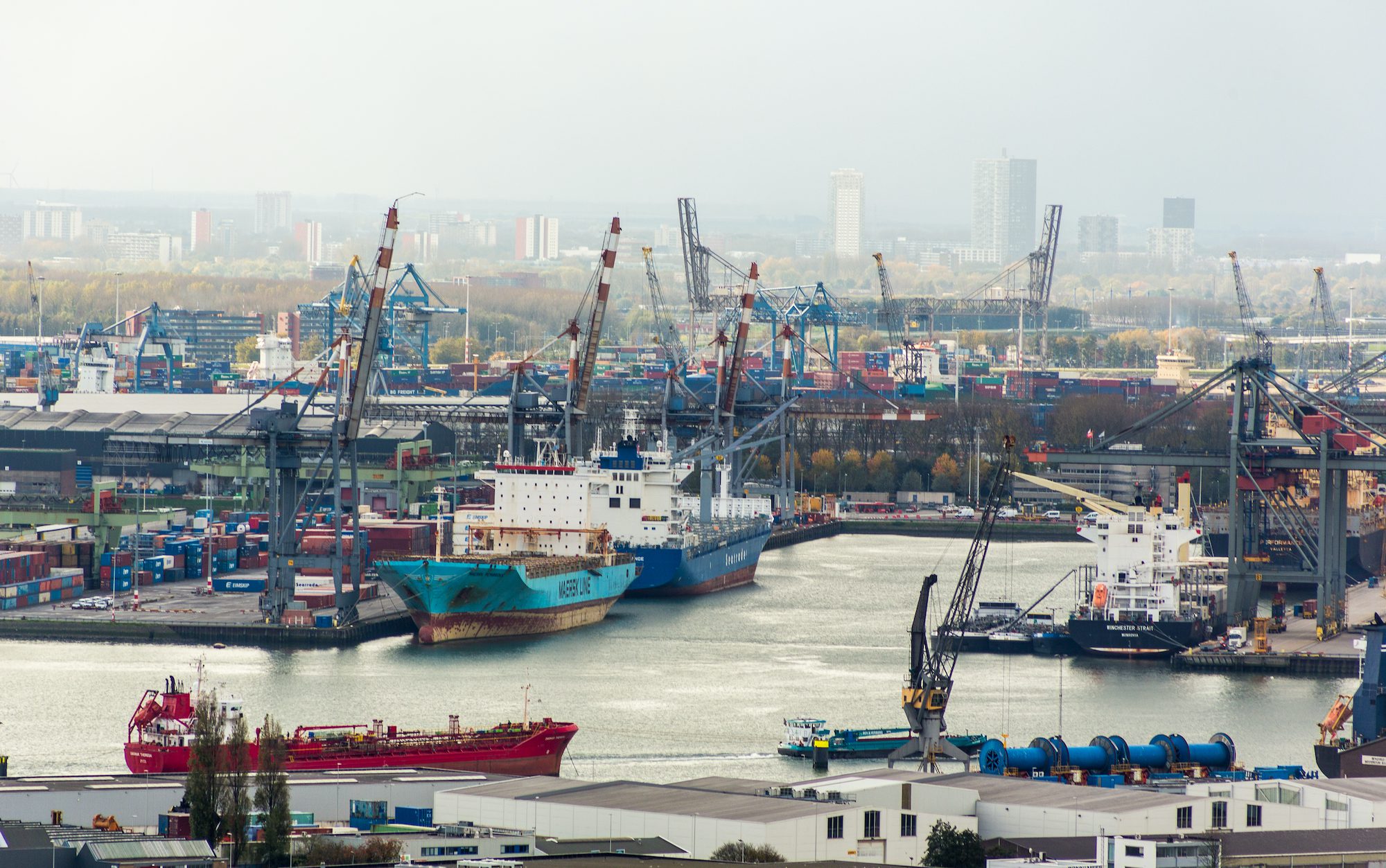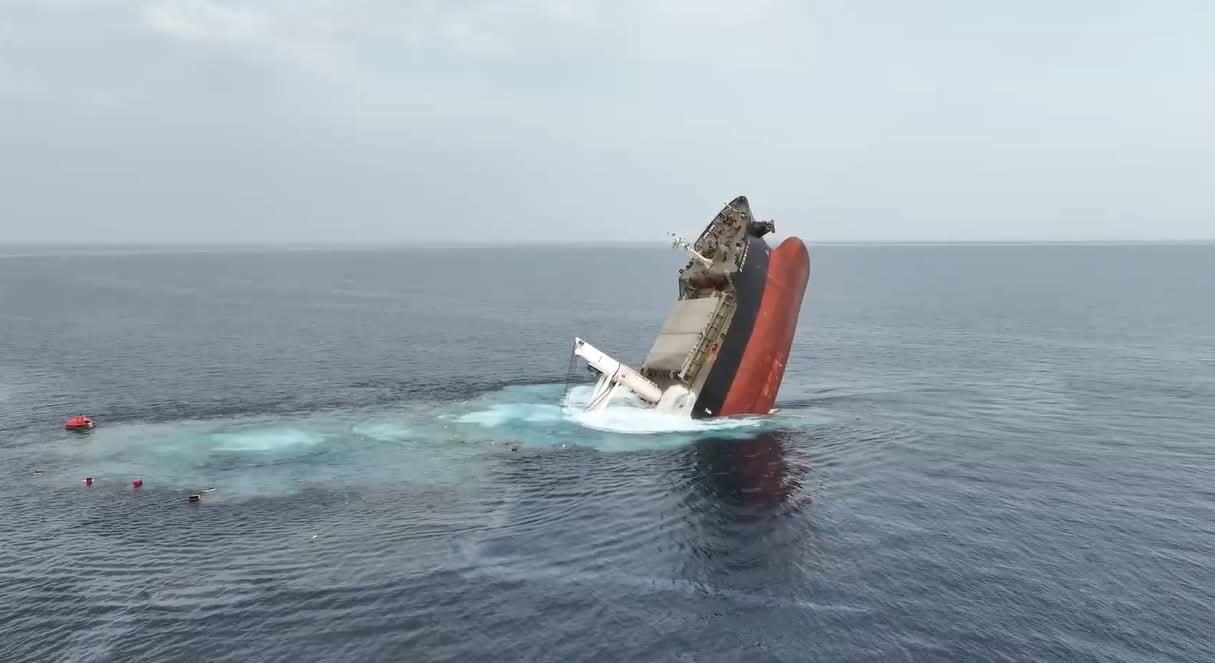EU negotiators have reached a provisional agreement on updating environmental crimes and sanctions rules related to shipping and other activities to enhance the protection of the ecosystem.
The new rules provide an updated list of acts related to the environment that qualify as criminal offences at the EU level, along with corresponding punishments, to ensure more effective enforcement of EU environmental laws.
The revised list of offenses encompasses various activities such as pollution caused by ships, the import and use of mercury and fluorinated greenhouse gases, the import of invasive species, and the illegal depletion of water resources. Stricter sanctions have also been agreed upon for qualified offenses, which include acts leading to the destruction of an ecosystem or habitat within a protected site, or damage to air, soil, or water quality.
Environmental crime is a major global criminal activity and a significant source of income for organized crime. In 2021, the European Commission has proposed strengthening environmental protection in the EU through criminal law to address this issue.
Under the new rules, individuals, including company representatives, found guilty of environmental offenses resulting in death can face imprisonment for up to 10 years. Qualified offenses, on the other hand, would be punishable by up to eight years in prison. For other criminal offenses, the duration of imprisonment, ranging from five years, will depend on factors such as the extent and severity of the damage caused.
In addition to imprisonment, offenders may also incur fines and obligations to restore the environment or compensate for harm caused. Companies could also face sanctions such as license withdrawal, funding bans, or closure. Fines can be imposed at 3 or 5% of yearly worldwide turnover or fixed amounts of 24 or 40 million euros, depending on the nature of the crime.
The agreement also includes provisions for protecting and supporting whistleblowers reporting environmental offenses, specialized training for judicial staff, awareness-raising campaigns against environmental crime, and cooperation among national authorities and competent bodies for cross-border cases.
“We successfully negotiated a zero-tolerance position on environmental crimes that have huge consequences for human health and the environment,” said European Parliament rapporteur Antonius Manders (EPP, NL).
“There is no more hiding behind permits or legislative loopholes: this law is future-proof, meaning that the list of offences will be kept up to date. If you pollute, you will pay for your crimes; not only criminal companies paying fines, but also jail time for representatives of polluting companies,” Manders added.
The agreed draft law will now undergo formal approval by the Legal Affairs Committee, the European Parliament as a whole, and the Council before it can enter into force.

 Join The Club
Join The Club











